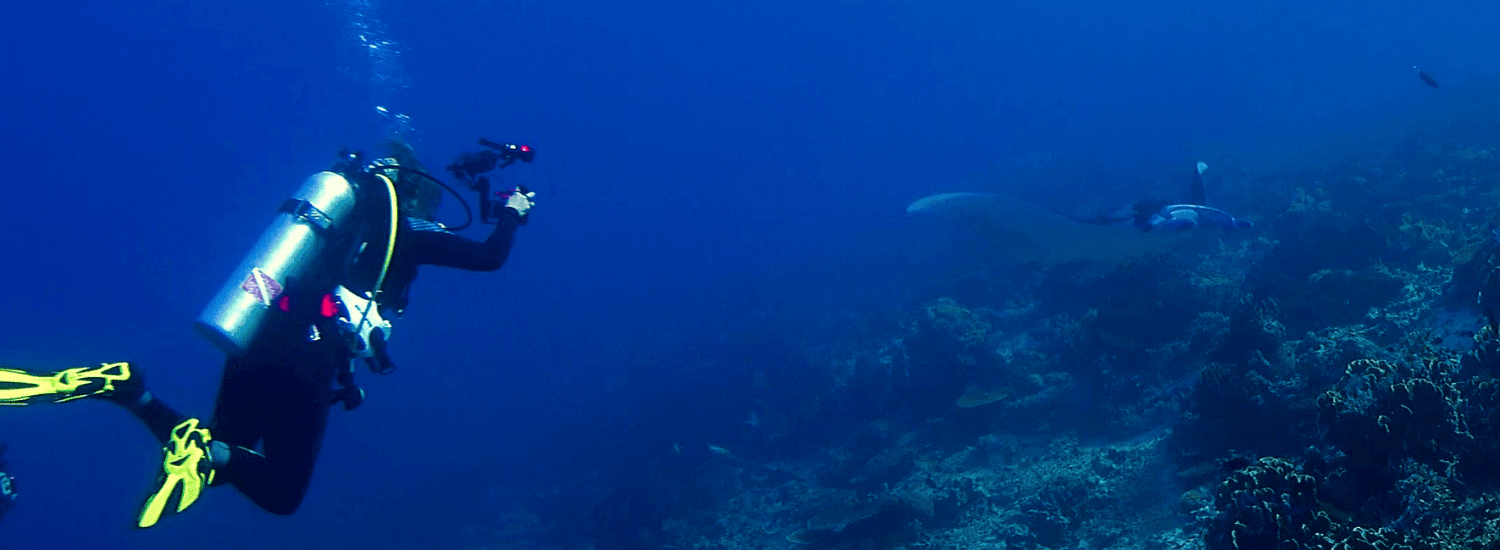CIRES fellow Lisa Dilling transitions to work on climate action
Climate change fueled her transition

Lisa Dilling is taking an unusual next step after working at CU Boulder for 19 years. The CIRES fellow and tenured environmental studies professor is leaving her role to work for an environmental nonprofit. The move surprised her colleagues, but for Dilling, it’s an essential next step. The urgency of climate change played a huge role in her transition.
“I’ve been thinking about both the seriousness and the urgency of climate change,” Dilling said. “But also the opportunity right now; I feel like there are so many good responses and so many promising ways that we can make a difference.”
Dilling’s next chapter will take her to the Environmental Defense Fund as associate chief scientist. There, she will lead teams of scientists to ensure their research informs policy.
“I really wanted to move into a position where I can make an impact,” said Dilling. "My research has always focused on connecting science to decision-making, and I was looking for an opportunity to bring my experience to an organization that is focusing on climate solutions."
The Environmental Defense Fund is a global nonprofit whose mission is to address issues surrounding climate mitigation and climate resilience. The organization has a strong reputation for being science-driven.
During her tenure with CIRES, Dilling accomplished a lot. She published dozens of peer-reviewed papers and garnered millions of dollars in research funding while teaching introductory to advanced classes.
She also directed the Western Water Assessment for seven years, wrote a book, Creating a Climate for Change: Communicating Climate Change and Facilitating Social Change, and created useful tools like Making Research More Usable at CU Boulder, a how-to guide for CU researchers to turn their work toward more usable science.
Katie Clifford is the social sciences lead for Western Water Assessment. Dilling served as Clifford’s mentor during her graduate studies, and soon after became a colleague at CIRES. Clifford believes Dilling’s work here at CIRES has inspired and advanced social science.
"A trademark of her scholarship is that it's high-impact in two ways,” said Clifford. “She has led the field of usable science, and made huge contributions to climate adaptation social science as well as worked with countless partners in our region to produce science that meets their needs and enables on-the-ground adaptation.”
Dilling enjoyed her job as a professor at CU Boulder. But a few factors inspired her to pivot in a new direction: the pandemic coupled with pressing, close-to-home examples highlighting the impacts of climate change.
“There are impacts we can see right now,” Dilling said. “I’m a scuba diver, and the coral reefs are suffering from climate change. But I also feel the impact closer to home from increasing wildfires and the smoke they bring, as well as drought in the U.S. West.”
While Dilling is thrilled about her next move, there is undoubtedly sadness about her departure.
Waleed Abdalati, CIRES director, said Dilling will be missed.
“Lisa brought an important social sciences perspective to our environmental research,” said Abdalati. “The science at CIRES has implications far beyond understanding the physical, chemical, and ecological domains of our environment. It is ultimately about people, and Lisa has been a key figure in bringing the human dimensions to bear on our work.”
While a call to action inspired Dilling to make this move during pressing times, she has a lot of hope about our ability to address climate change successfully.
“I have a hard time engaging in this topic without hope. You have to have hope because otherwise, it's a depressing career,” Dilling said. “We’re good at science, we’re very good at identifying problems — but we're not always so good at solving them. But I think we do have the science to solve them, and that’s what I’m going to do at Environmental Defense Fund – think about how the solutions can be really robust and implementable.”